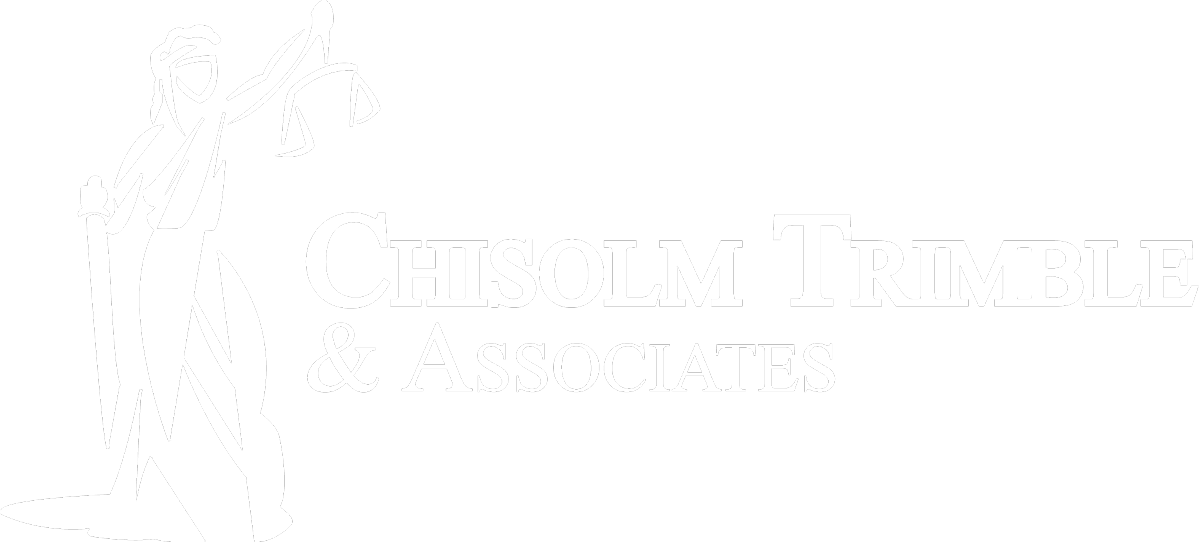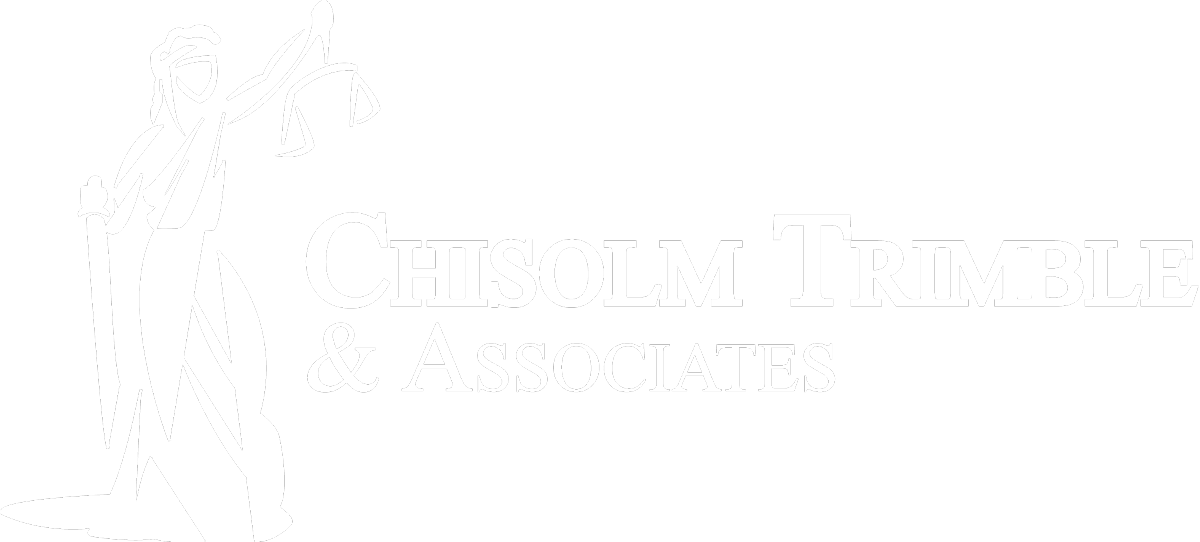Documentation in Divorce Proceedings
Divorce proceedings often involve complex financial matters. Comprehensive documentation is vital for dividing assets and debts. Examples of necessary financial records include:
- Bank statements
- Credit card statements
- Tax returns (personal and business)
- Pay stubs
- Investment account statements
- Mortgage statements
- Loan documents
- Retirement account statements (401(k), IRA)
- Property deeds
- Business valuation reports
These documents help establish the marital estate's value and identify assets subject to division.
Incomplete or inaccurate financial records can lead to an unfair settlement or a protracted legal battle.
Documentation in Child Custody Disputes
When determining child custody arrangements, Georgia courts prioritize the child's best interests. Documentation that demonstrates a parent's ability to provide a stable, nurturing, and safe environment is crucial. Examples of relevant documentation include:
- School records (attendance, grades, disciplinary actions)
- Medical records (doctor's visits, immunizations)
- Logs of interactions with the child (activities, conversations)
- Photos and videos documenting the parent-child relationship
- Evidence of parental involvement in the child's life (e.g., volunteering at school, attending extracurricular activities)
- Documentation of any concerns regarding the other parent's behavior (e.g., substance abuse, neglect, abuse)
- Communication records (emails, texts) with the other parent regarding the child
- Witness statements from teachers, coaches, or other individuals who can attest to the parent's relationship with the child.
Detailed records can illustrate a parent's commitment to the child's well-being and can be particularly persuasive in custody hearings.
Documentation in Alimony Requests
Alimony, or spousal support, is awarded based on various factors, including the requesting spouse's need and the other spouse's ability to pay. Documentation supporting these factors is essential. Examples include:
- Income statements (pay stubs, tax returns)
- Employment history
- Medical records (if health issues affect earning capacity)
- Documentation of expenses (housing, utilities, food, transportation)
- Evidence of contributions to the marriage (e.g., homemaking, childcare, supporting the other spouse's career)
- Documentation related to the other spouse's financial resources
The documentation must effectively showcase the requesting spouse's financial needs and the contributing spouse's ability to provide support.
Without it, an alimony request might be denied or underestimated.
The Power of Proper Documentation
- Supports your claims: Provides concrete evidence to back up your assertions.
- Expedites the process: Reduces delays caused by requests for additional information.
- Strengthens your case: Makes your arguments more persuasive and compelling.
- Can make or break your case: Influences the judge's decision in your favor.
Navigating family law matters can be complex and overwhelming. Having the right legal representation is crucial to protect your rights and achieve the best possible outcome.
Chisolm Trimble Law is a top 10 Georgia family law firm dedicated to providing compassionate and effective legal counsel. Our Managing Attorney has been recognized as a Super Lawyer, demonstrating our commitment to excellence in family law.
Contact us today for a consultation:
Phone: 770-741-1570
Website:
www.chisolmtrimblelaw.com
Let us help you build a strong case based on solid documentation and legal expertise.



